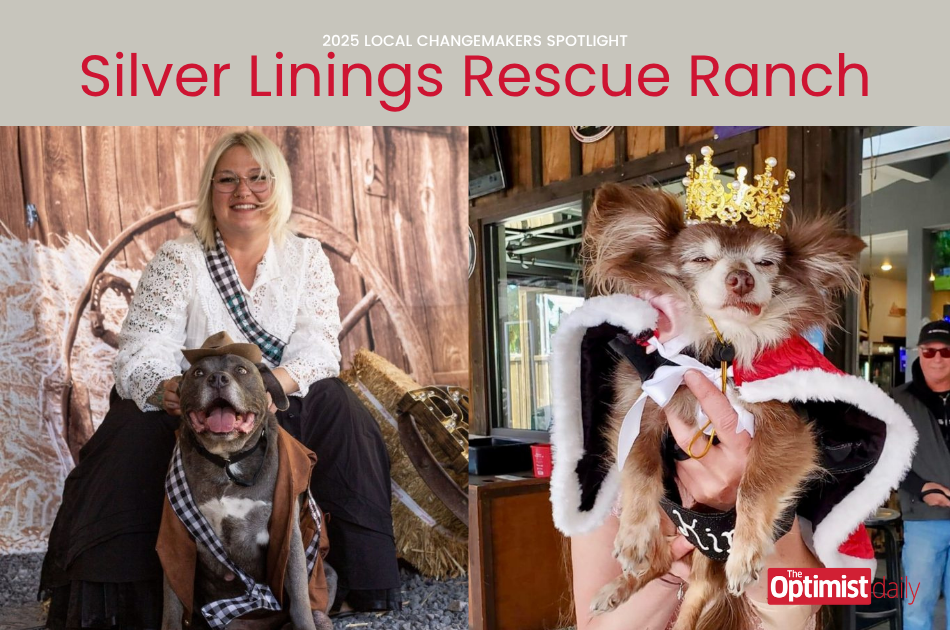It’s common knowledge that picking up a new language is easier as a child, while your brain is still flexible—but learning a foreign tongue as an adult is another story.
Well, according to new research, adults who strive to speak a new language shouldn’t just fall back on the traditional methods of reading, writing, listening, and repeating. They should also focus on incorporating physical gestures into their study, which have proven to help people remember new vocabulary better, even months later.
Neuroscientist Brian Mathias of the Max Planck Institute for Human Cognitive Brain Sciences in Leipzig said in a news release that the results of the study “provide neuroscientific evidence for why learning techniques that involve the body’s motor system should be used more often.”
The research, which was published in the Journal of Neuroscience, involved 22 German-speaking adults who were tasked with learning a total of 90 invented artificial words over the course of four days (e.g. lamube for “camera,” and atesti for “thought”).
While learning the new vocabulary for the first time, participants were also shown a video of a person making a gesture that matched the meaning of the word, which they were meant to perform themselves once the word was repeated.
After five months, participants were asked to translate the new vocabulary into German via a multiple-choice test. While they were completing the test, the researchers attached an apparatus to their heads that sent weak magnetic pulses to their primary motor cortex (the brain area that controls voluntary arm movements).
When the interfering signals were active, participants demonstrated greater difficulty in remembering the words accompanied by gestures, but when the apparatus was inactive (Even though it still appeared active to participants), they found it easier to remember the words. This demonstrates the important role that the motor cortex plays in the translation of vocabulary learned with gestures.
“There’s now quite a lot of literature showing that gestures play a role in learning,” says Susan Goldin-Meadow, a psychologist at the University of Chicago who specializes in the effects of gestures on learning but was not part of the new study. “I think where this study takes it a step further is trying to understand why.”
Another experiment published in 2020 compares the effect that matching pictures have on adults and children learning new vocabulary in comparison to matching gestures. While in the short term, matching pictures had equal learning benefit to gestures for both children and adults, after the six-month mark, adults benefited more from gestures than pictures, while children were helped equally by both.
“I think we underuse gesture in our classrooms,” said Goldin-Meadow. “People use it spontaneously if they’re good teachers and good listeners, but we don’t necessarily bring it into the class if we don’t think about it—and it could be used more often and more effectively.”
So, if you are an adult hoping to learn a new language, either by yourself or in a formal classroom, then boost your learning abilities by not shying away from arm gestures and actions—the research shows that they’ll facilitate the learning process and have you speaking in tongues in no time!
Source study: Journal of Neuroscience—Motor cortex causally contributes to vocabulary translation following sensorimotor-enriched training










